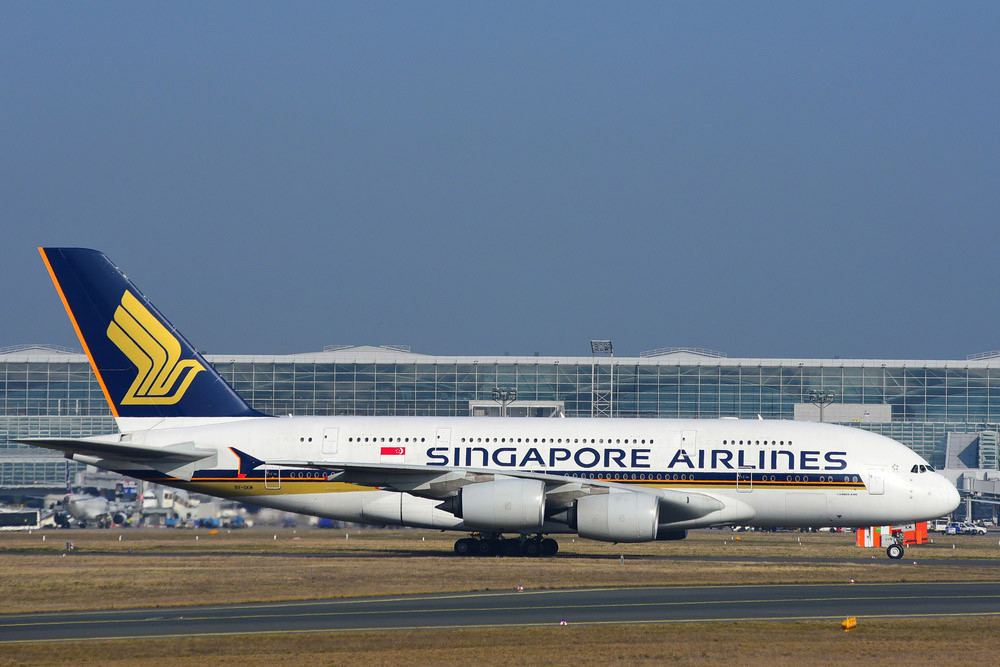Popular Reads
Top Results
Can't find what you're looking for?
View all search resultsPopular Reads
Top Results
Can't find what you're looking for?
View all search resultsOnly 10 out of 200 Singapore Airlines planes still fly passengers
Change text size
Gift Premium Articles
to Anyone
Just 10 out of 200 Singapore Airlines (SIA) Group's airplanes are currently taking to the skies with passengers.
Of the remaining 95 percent of the fleet, some have been deployed for cargo-only services, while a large number of planes are parked at Changi Airport.
Meanwhile, 17 planes are parked at the Asia Pacific Aircraft Storage facility in the Australian town of Alice Springs, SIA said in response to queries on Wednesday (May 6).
Seven of the planes are from SIA, six are from regional arm SilkAir and four are from budget arm Scoot.
A spokesman said: "The COVID-19 outbreak has resulted in significantly reduced demand across the aviation industry.
"To address this, SIA has reduced its scheduled capacity by 96 percent... As a result, SIA has parked a large number of its aircraft at Changi Airport with a few aircraft parked overseas."
The spokesman said that the aircraft are parked in locations where they are appropriately maintained during this period.
Videos and pictures of SIA's passenger planes flying into the Alice Spring aircraft storage facility had emerged on social media late last month.
🇦🇺 Impressionnant ! L’aéroport d’Alice Springs, dans le désert australien sert de lieu de stockage longue durée pour de nombreux avions de Singapore Airlines dont des A380.
📷 Steve Strike pic.twitter.com/4nOl7V6LXO
— air plus news (@airplusnews) May 4, 2020
The Australian facility is ideal for housing grounded aircraft due to the dry climate there. This reduces the risk of corrosion of planes as compared to humid climates such as that of Singapore's.
Similar plane storage facilities around the world have been getting more crowded in recent months as airlines grapple with the impact of a drastic plunge in passenger traffic due to the coronavirus pandemic.
The International Air Transport Association (Iata) described the plunge in global passenger traffic as the "largest decline in recent history" last month. Traffic nosedived 52.9 percent in March, compared with the same period a year ago, said Iata.
Asia-Pacific airlines led the fall, losing 65.5 percent of passenger traffic.
Iata director-general and chief executive Alexandre de Juniac has signaled that the worst is yet to come, saying the situation has "deteriorated even more in April" and most signs point to a slow recovery.
This article appeared on The Straits Times newspaper website, which is a member of Asia News Network and a media partner of The Jakarta Post







